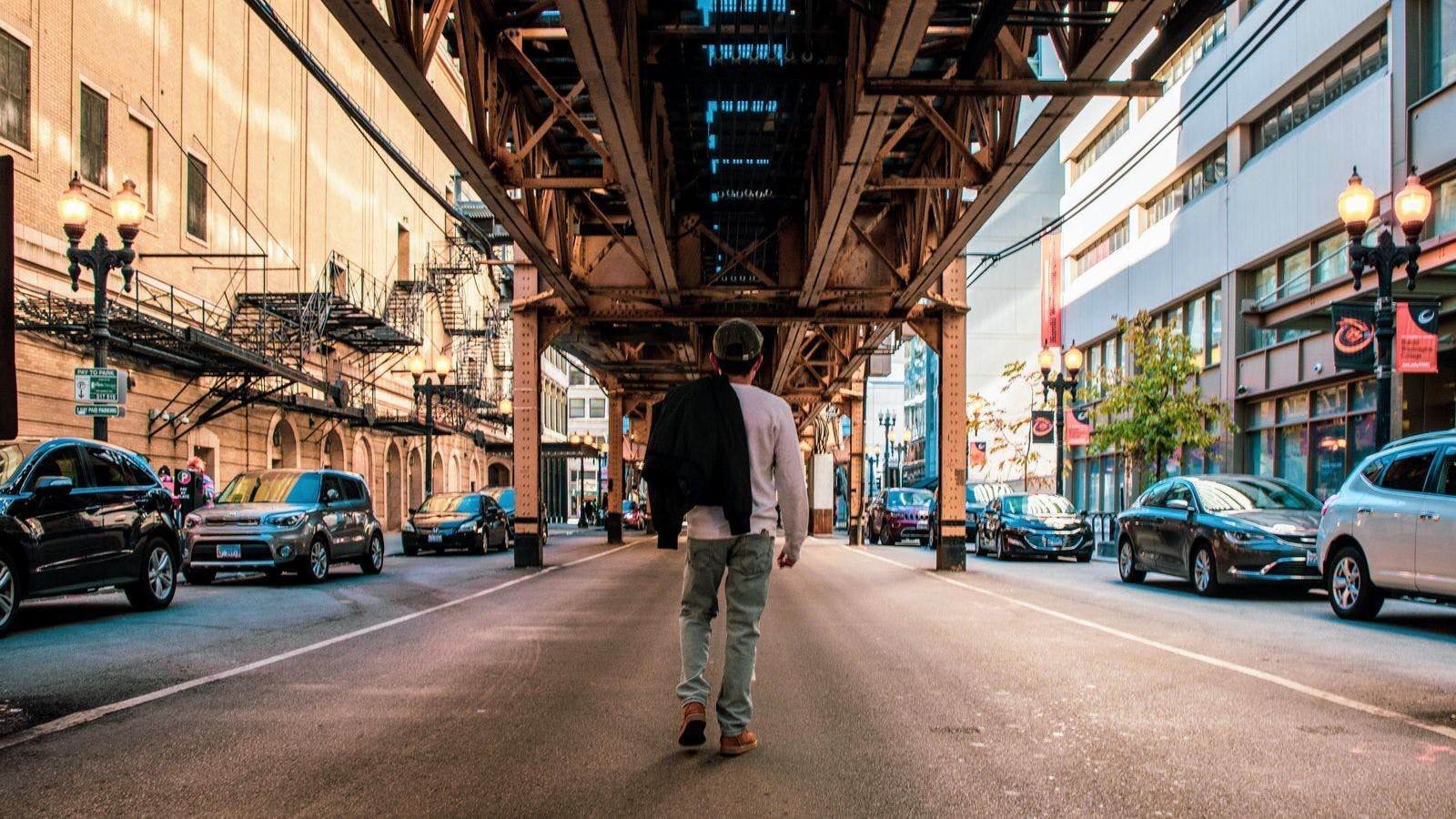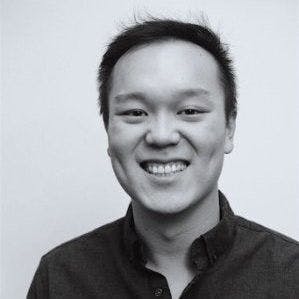In honor of AAPI Heritage Month, Fronteer David Ma shared his personal story of finding and learning to celebrate his identity as a first-generation Chinese American.
On June 5, 1989, an anonymous man stared down a row of tanks at Tiananmen Square in Beijing, China. The iconic photo of that moment made waves around the world. 1000 miles away in Kyoto, that wave made a ripple on two Chinese students studying abroad. Tiananmen changed the trajectory of my parents, and likely countless others.
My parents were getting their advanced degrees in Japan. On that day, their education was less important. A year from graduating, they had to figure out the rest of their lives. They started having second thoughts about their original plan to return to Beijing after graduation, and worried for their safety. Instead, they scrambled for plans elsewhere, and by good fortune, landed near Cleveland, Ohio—where I eventually was born. They ran away from home, but given the circumstances, who wouldn’t?
Unlike other immigrant’s stories I’ve heard, my mom and dad didn’t come to America with grand ambitions or chasing a particular dream, nor did they come penniless in rags. They came because someone gave them a shot, and they just wanted a comfortable place to raise a family. Suburban Ohio gave them that opportunity, and it gave me opportunities they never dreamed of. My upbringing can best be described as pleasant. But like many other Asian Americans growing up in white America, fitting in wasn’t natural—it required constant effort. Whether it was rejecting the lunches my parents packed me, asking them to speak English when around my friends, or the constant complaining about Chinese school, I did my best to shed the culture of my ancestors and run away from a culture that suburban Ohio deemed weird.
After graduating from high school as one of only three Asian-Americans in a class well over 300, I went to college in Chicago continuing to run away from everything I feared. I feared becoming stagnant and made sure to leave Ohio, turning down a good financial aid package. At the same time, I feared going to UC Berkeley—where the student body was 45% Asian—afraid that I wouldn’t stand out. I feared going into pre-med because “every Chinese kid becomes a doctor.” Years later, after leaving a job I hated, I ran away from Chicago to come to California, afraid to show my face in a town where I felt like I had failed. For most major decisions in my life, I can trace a lot of my thinking to fear and running away from identities or realities I didn’t want to face.
For many Asian Americans, this is a familiar story—growing up in a place where you don’t feel like you belong, but also not belonging in the culture of your birth. Every kid handles it differently, and my defense mechanism was running in the opposite direction. My story is by no stretch of the imagination a sob story, but struggling with identity and running away from it was embedded in my very being. Running away from China served my parents well and gave me everything I have today, but the past few years have taught me a different take on running.
Running away from China served my parents well and gave me everything I have today, but the past few years have taught me a different take on running.
For me, it took truly failing to begin to shed this mindset. In 2019, a startup I poured my life into wasn’t working, and I had to call it quits. In my darkest days, I sat in bed for an entire day wondering what I could’ve done differently. As I searched for answers, I thought about moving away to Hawaii, going back to Ohio for a bit, or at the least getting out of Silicon Valley. But as I thought deeply about it, my mind wandered to Ohio and Chicago, and how I’d run before. I knew deep down there wasn’t anywhere to run this time. I couldn’t flee from the startup and tech communities, where I wanted to build a long career. I’d started to plant roots in San Francisco, so I knew I’d have to make it work and stay.
So for the first time in my life, I tried to embody running toward something. After being the annoying software nerd telling all my friends about the latest software to try for fun, I ran toward a real career in SaaS. In my personal life, I finally ran toward a relationship that I wouldn’t have considered in the past, that has since brought me undying joy. In my pandemic downtime, I ran toward hobbies like golf, and for the first time made them my own, not just something my parents wanted me to play. In the past few months, I ran toward a career path in sales because for once in my life, I’ve made up my mind on an area of focus instead of waiting for roles to come to me. It’s early days, but it’s refreshing knowing that I’ll be running at things with intent, and not away from things I fear.
This May, as friends, family, and colleagues have paused to celebrate AAPI month in what have been some of the hardest times for our community in recent years, I got down to reflecting on what being Asian really means to me. Every time, I can only think of my parents. Every first generation Asian American I know has spent their formative years thinking through their place in this country, but go far enough back, and all our parents had to think about their place in their home country.
In one way or another, every immigrant had to run away from something in order to come here. They already conquered their fears.
In one way or another, every immigrant had to run away from something in order to come here. They already conquered their fears. How disappointed would they be to know that their kids were running away from the same fears they left behind? How proud would they be to know that the sacrifices they’ve made means that we don’t have run away anymore? As I think about my future kids and how I want them to see the world, I want them to know I ran toward my dreams—and for them to know they can too.
Written by David Ma
Originally Published: 26 May 2021

